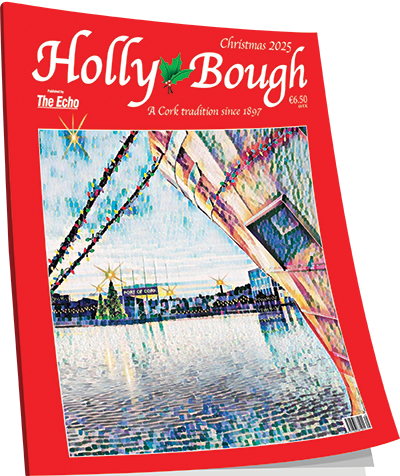Liam Miller is the local hero whose memory will live on far beyond Leeside

WHEN most people think of Liam Miller, they’ll remember him wearing the colours of Celtic, Man United, Leeds or Sunderland – and excelling for Ireland.
They’ll picture him buzzing around midfield, smoothly stroking passes left and right on the biggest of stages.

Better still, they’ll see the ball dancing in the net; after he turned a Henrik Larsson cross into a Champions League goal as the stands in Parkhead erupted, or when he ripped a thunderbolt past the Swedish keeper in an international at Lansdowne Road.
Those magic moments, and a stint with Cork City in 2015, are why, despite his tragic passing, he’ll live on as a Leeside legend. Before that though, he was a local hero.
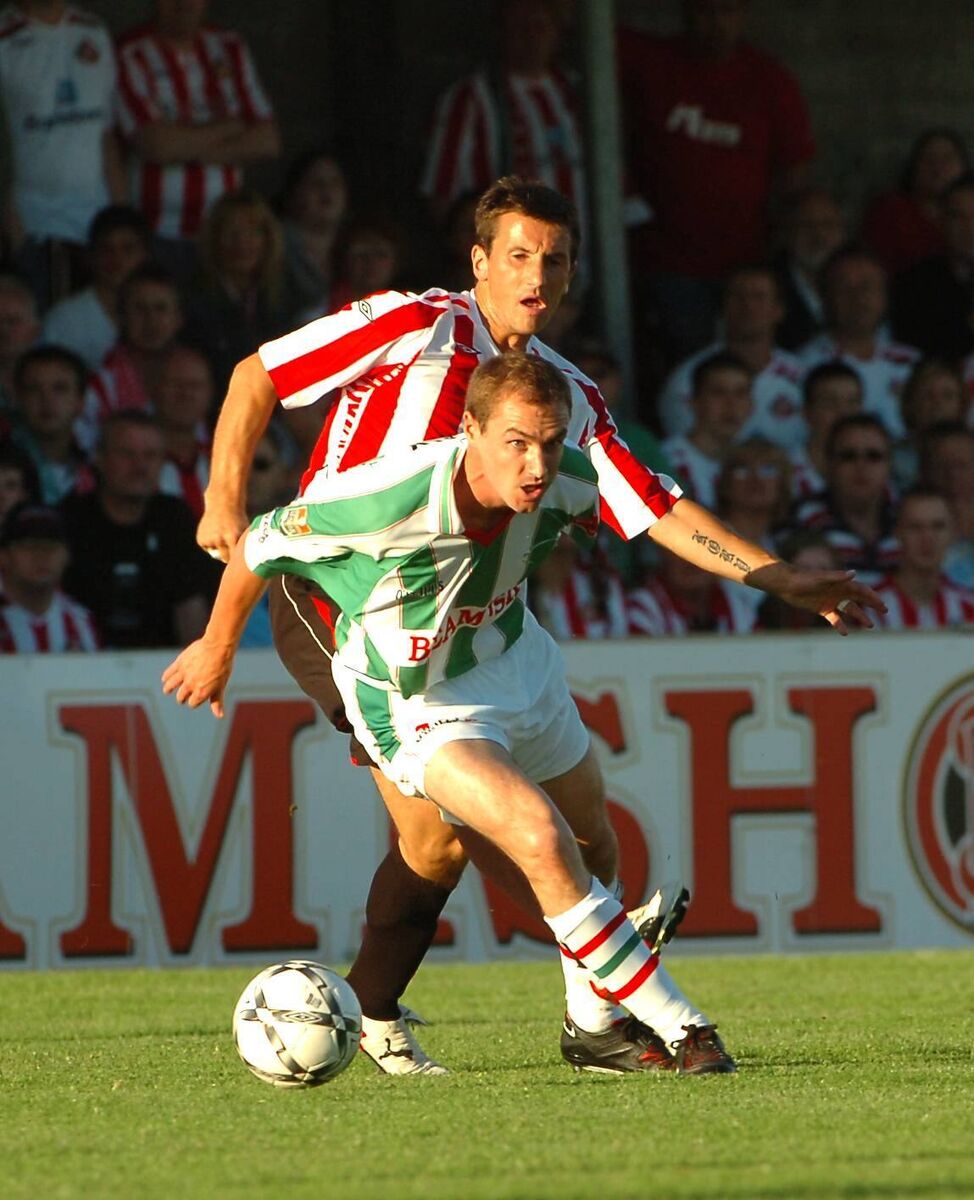
Out in Ballincollig AFC they know him as a member of a golden generation of players who put the club on the map. On the wall in Mary O’Connell’s bar in the village, there are dozens of framed photos of various Ballincollig GAA and soccer teams that won silverware.
In one, which is printed below, Miller, Colin Healy, Mark McNulty and Alan Carey pose with their team-mates before a 1997 Youths final in the Cross against Macroom. The marquee players all dyed their hair blonde for the occasion, which was unusual in the case of Miller and Healy particularly as they were always quietly confident rather than brash.
It was some team, with the likes of Gary O’Riordan, Ian McNulty (no relation to Mark), Brian Allen and Eoin Walsh, serious operators too. Ballincollig somehow lost the game, but they’re all captured in time by the photo.

Miller, Healy, Carey and McNulty – then sub keeper to Walsh and a dangerous striker to boot – all progressed to the elite level of soccer, having made their names for the Collig in the mid-‘90s. For Miller and Healy the door opened to Glasgow through the FÁS scheme run by former Celtic and Cork City midfielder Mick Conroy along with the late Paul Bannon.
While McNulty and Carey wouldn’t feature cross-channel, they had a real impact on the League of Ireland, with the former still the country’s best keeper, while the latter – whose career was cut short through injury – had some great days with Cork City and Cobh Ramblers. Indeed Carey captained Cobh to the First Division title in 2007.
Ballincollig is viewed as a stronghold of soccer these days. Only two years ago Ronan Barrett, Darren Murphy and Matthew Whelan’s goals saw the club’s U18s defeat Ringmahon to lift the FAI Youths Cup. The groundwork for Collig players to aim for international recognition and more was laid by the Miller and Healy.
Healy, Carey and McNulty were all born in 1980, Miller in February 1981, and when they played together as teens they were a serious force. Miller, a native of Kilcrea in Ovens, joined Ballincollig at U14 level, when like so many gifted athletes he’d already shown potential as a sprinter, hurler and footballer.

His prowess at soccer however, his composure, touch, vision and mobility, marked him out as a potential superstar. Éire Óg and Cork GAA’s loss was Ballincollig’s gain. Miller featured for the Cork Kennedy Cup team at U14 and by U15 his Ballincollig team, coached by Mark McNulty’s father Mick, were league champions and he was the CSL Player of the Year.
“I remember when Liam joined there was something about him straight away,” recalls Mick McNulty. “He was only 13 and a half and hadn’t played organised soccer before but he was a brilliant athlete. He was used to taking the knocks from GAA and he was top class on the ball. He went up to an Ireland trial in St Mary’s at U14 and Mick Conroy spotted him then, he was running midfield, playing with the head up.
“He was a really decent kid as well. That came from parents Billy and Bridie. Very well brought up. Everyone is devastated about what has happened. We’re all just trying to be there now for his family.”
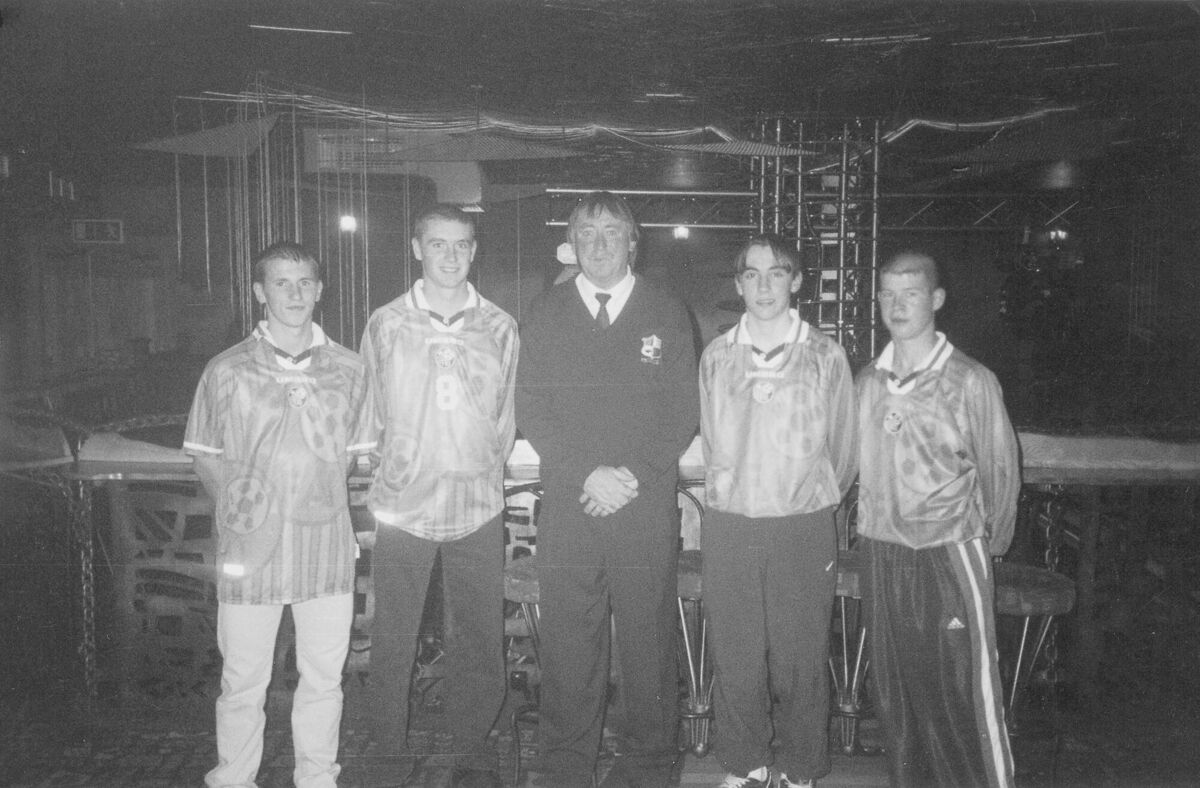
Mark McNulty, Timmy O’Leary, one of his closest friends since then, Jason Duff, Éamonn McNamara and Matthew O’Regan were other standout players on his first Ballincollig team. McNulty and O’Leary were by his side in recent months, their bond unbroken from those early days.
He played up an age in that ‘97 Youth final alongside Healy and Carey and his next step, helped by shining for the Ireland U16s, was to head across the water. That he signed with Celtic, who his Scottish father Billy grew up supporting, was the stuff of dreams.

Alan Carey remembers him as an incredible all-rounder.
“He had everything really,” states Carey. “His skill, drive, finishing and fitness made him impossible to stop. He was never the tallest but he was really strong, impossible to knock off the ball.
“I marked him once in a GAA match in midfield. He was unreal that day as well. I couldn’t keep up with him.
“When he was at Celtic he set records in the beep-test. I wouldn’t be surprised if they still stand because they ended up turning off the machine.
“Colin and Miller just totally stood out when they were playing for Ballincollig, head and shoulders above everybody in the schoolboys’ league. That and their attitude meant they were always going to win international caps, play in the Premier League and do it all.
“It was harder to get scouted then but they were always going to make it because they had the right attitude as well.”

In 1998, Miller helped the Ireland U16s to European honours. It was a first and he was selected for a Cork Person of the Month award and brought the European silverware on an open-top bus tour of Ballincollig.
He made his debut at the end of the 1999-2000 season though it wasn’t until 2003 under Martin O’Neill he really took off, before Alex Ferguson and Man United turned his head.
For a Ballincollig club member, nothing offered more pride than a trip to watch a Celtic game when Healy and Miller were on their books. To know you could trace a brilliant player’s roots from muddy training down the Regional Park to the splendour of Celtic Park.
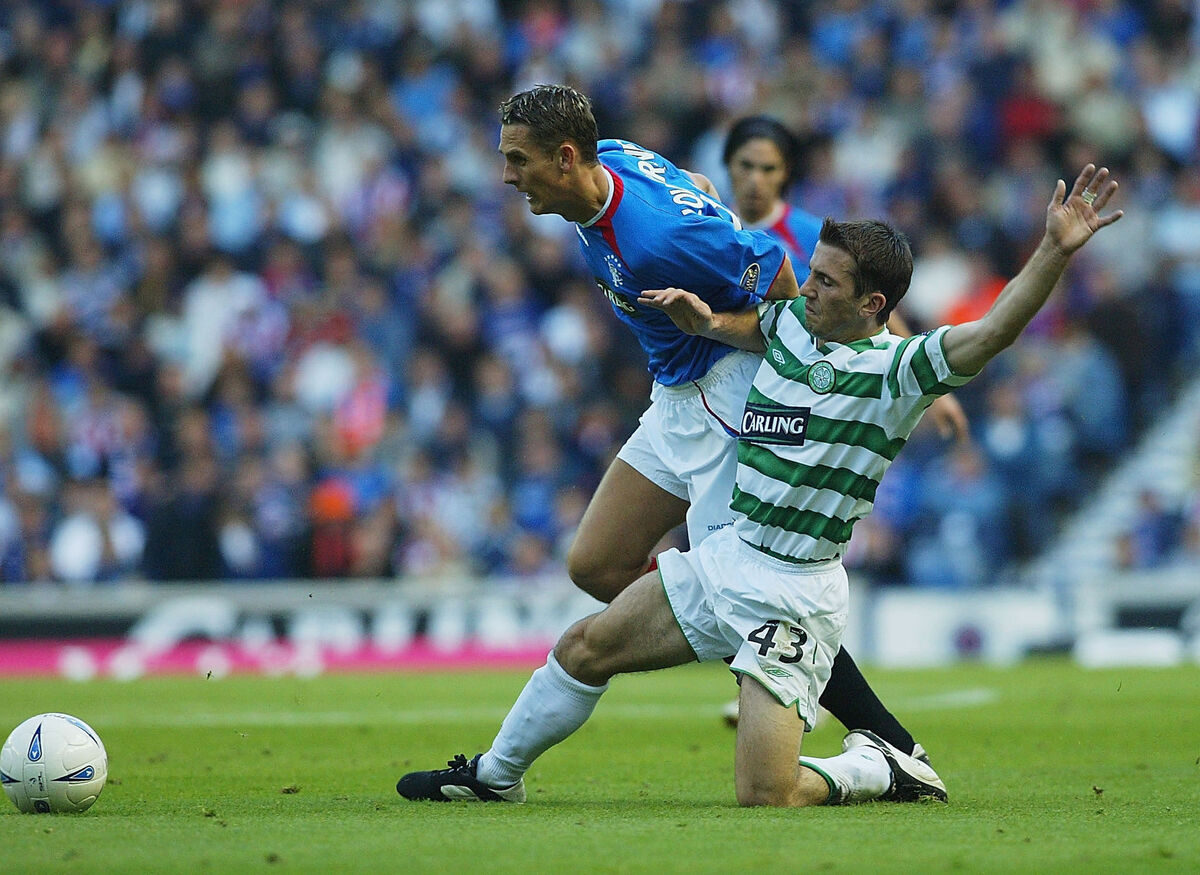
Miller’s resilience as a player was incredible. He forced his way into one of the most talented Celtic squads ever. He rebounded from disappointment in Manchester, and just 22 appearances, to help Leeds to a play-off final in the Championship. When spells at Sunderland and QPR ended he rebuilt his reputation with Hibs and then headed to Australia.
He was never down for long. That’s why there was hope even when he was in the throes of his illness.
The outpouring of grief on social media in recent days was very genuine because of his age and the pain that is being felt by his three children, wife, parents, brothers and sister, extended family and friends.
His memory will live on in, out in Ballincollig and Ovens, across Cork and beyond, as a fine player but also a committed and humble man.

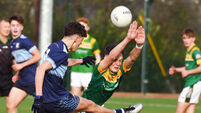
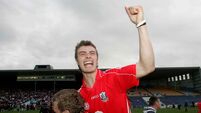
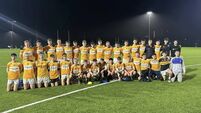
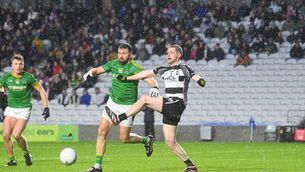



 App?
App?








